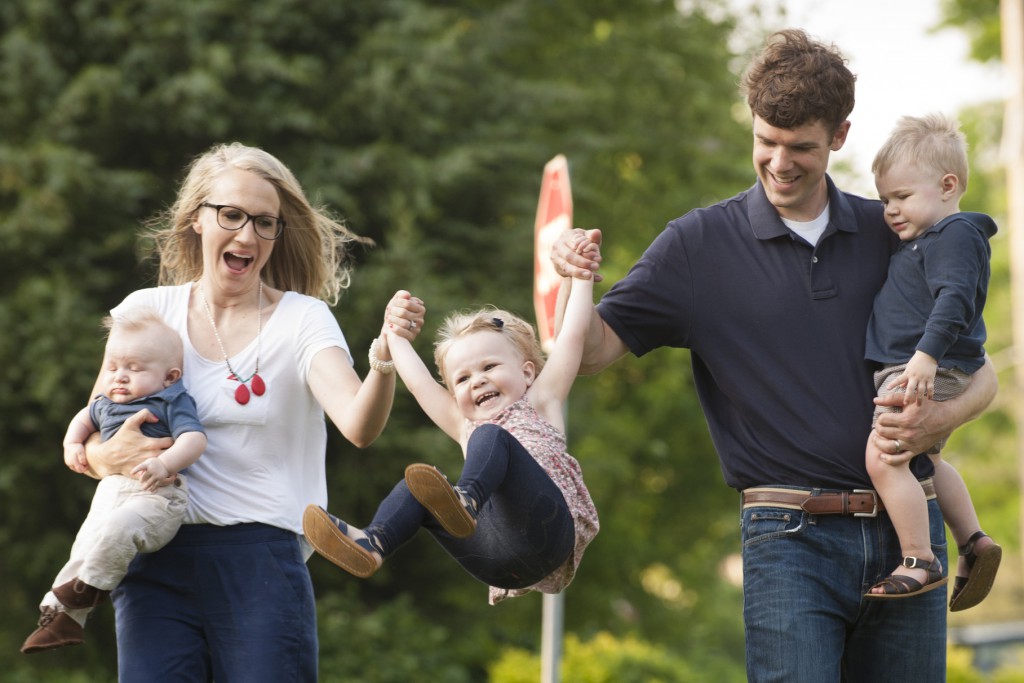
By Marco Ceccarelli
Right to Life Association Western Australia has this week made statements regarding the correlation between falling adoption rates in Western Australia and the often unmentioned impact of abortion on recent statistics.
Communications and Media Office journalist Marco Ceccarelli spoke with Right to Life Association WA President Peter O’Meara, following an article in Queensland’s The Catholic Leader which showed that adoption rates have halved over the last decade because of increasing access to abortion.
Mr O’Meara said he agrees with the fact that greater access to abortion plays a major role in new statistics showing Western Australia’s adoption rates are almost a quarter of what they were 25 years ago.
The Australian Institute of Health and Welfare’s Adoptions Australia (AIHWA) 2013-2014 report, released last year, states that adoptions in Australia are at a staggering all-time low.
Nationally, 317 adoptions are considered to have been finalised in 2013-2014, a 76 per cent drop from the 1294 adoptions recorded 25 years earlier in its 1989-90 report.
For Western Australia, the report indicates that only 40 children were legally adopted in 2013-2014, two children less than the previous 2012-2013 total of 42 and a surprising drop of 88 children from the 1989-1990 total of 128. Of those figures (40 children in 2013-2014), only 13 were ‘unrelated’ placement adoptions. That is, four local and nine inter-country children were adopted to unrelated parents.
According to the AIHW, the long-term significant fall in numbers can in part be attributed to a number of legislative changes. The report states that among such changes are the increased use of alternative legal orders in Australia, improvements in local adoption practices in countries of origin, as well as broader social trends and changing social attitudes which have made it easier for children to stay with their family or in their country of origin.
However, the report fails to mention that abortion may be a leading factor in the significant fall in adoption rates.
While it is difficult to calculate how many abortions take place in Australia each year, Medicare abortion statistics show that in Western Australia 7,032 women and 4 men claimed rebates linked to abortion between January and December 2014. The Medicare contribution to service totalled $1,228,542.
These figures include only those services that are performed by a registered provider, for services that qualify for Medicare Benefit and for which a claim has been processed by Medicare Australia. They do not include services provided by public hospitals, clients who did not claim rebates or women who underwent chemical abortions.
Right to Life’s Peter O’Meara stated that the number of abortion figures for WA last year stands at approximately 8,000, whereas at national level it was approximately 100,000.
Commenting on the increasingly facilitated access to abortion, Mr O’Meara emphasised that the decreasing number of children available for adoption was having a pronounced impact on local adoptions, forcing people to apply for lengthy inter-country adoptions which can take up to 5 years, sometimes more.
“There are so many people who are crying out because they are infertile and can’t adopt. I know three or four people who have come through us and went through the international adoption and were successful but had to wait at least four or five years to be granted a baby. There could many more adoptions locally,” Mr O’Meara said.
Right to Life Australia defends the right to life of all human beings from conception until natural death. The association lobbies government for legal protection of the most vulnerable in society – the unborn baby, elderly, sick and those with disabilities.
Right to Life Australia WA provides free counselling to women facing crisis pregnancies and can be contacted on 9221 7117.
Where are the children? By Emilie Ng, The Catholic Leader: http://catholicleader.com.au/news/where-are-the-children